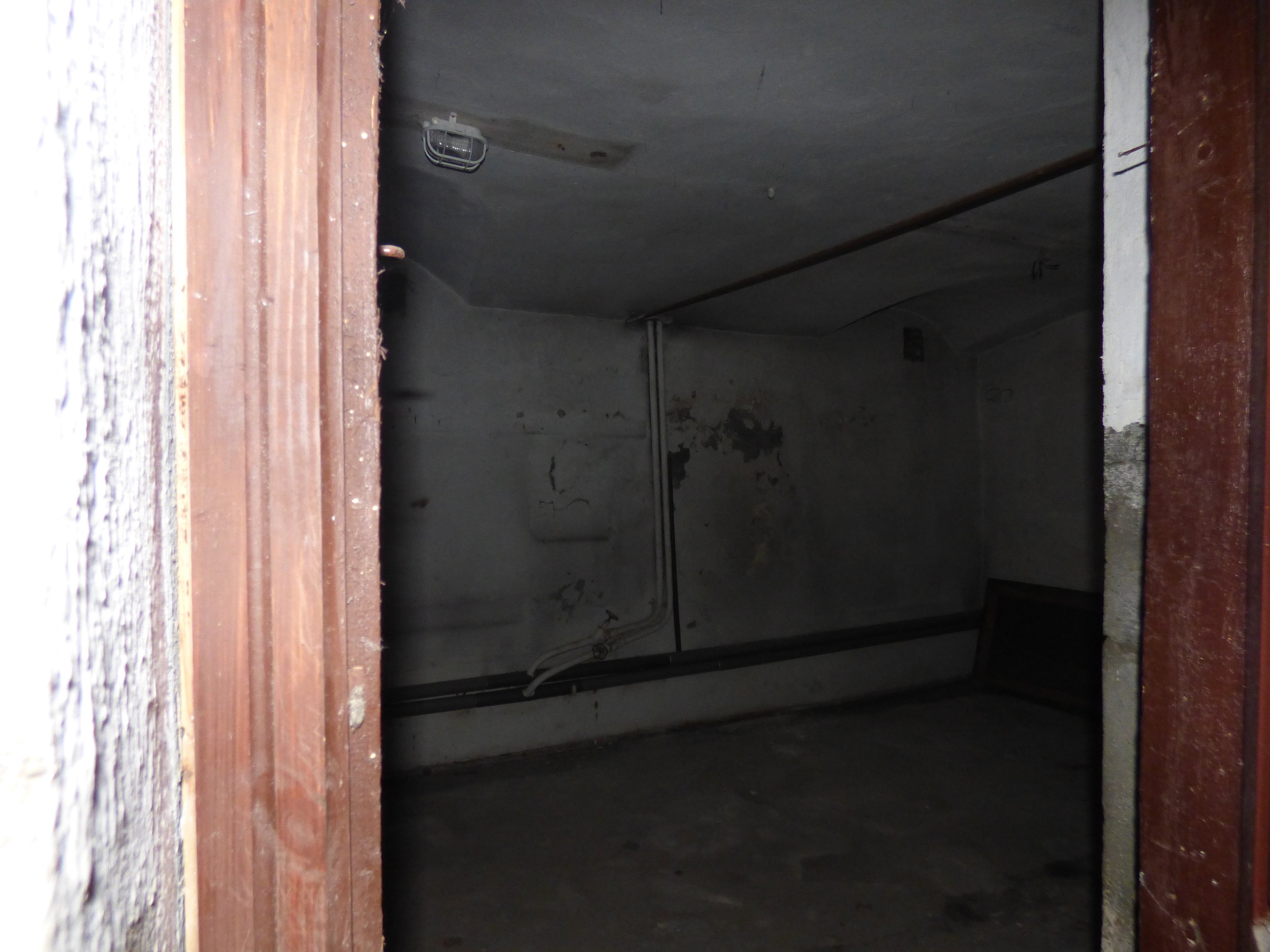Written by: Jaclyn Wallach Photos: Josh Schneider Video: Danielle Miller
NOTE: Please read the full story before watching the video. I won't lie, this was a very vulnerable moment for me.
Many times in doing our genealogy and family history, it can bring up a lot of unpleasant (sometimes really unpleasant) things. But when facing them, it can mean SO. MUCH. HEALING. And a new found desire to know your roots.
Sometimes these familial wounds are directly passed down in the form of behavior or at the cellular level (sometimes manifesting into dis-ease) from one generation to the next. Other times it's something that is in the collective consciousness of ancestors that is passed from generation to generation.
As many of you know, about a month ago I returned from a trip to Poland. Honestly, my biggest motivating factor was I had the chance to see what life was like in Poland for nearly a thousand years before World War II and the Holocaust, and to hopefully have the chance to see my great-grandmother's hometown (which I did!)
But my biggest fear was facing ghettos, concentration camps, death camps, mass graves secretly hidden in the middle of forests. Anything to do with the Holocaust. I could barely watch the 2 minute preview of Schindler's List before I came. I would go into memorial museums and run out of there crying, not able to face the discomfort.
None of the family that I have yet uncovered were even in Europe during this time, and yet that deep-seeded fear was so strong.
Outside the Rote Haus (The Red House) where the Kripo & Jewish police worked/lived + the dungeons below.
The Holocaust throughout Europe and parts of Middle East + North Africa, the Pogroms, the Inquisition in Spain, the scape-goating, abuse and anti-semitism that continuously befell my ancestors for thousands of years (and even today) lives within my body. And it scared the crap out of me to face any of this. I didn't want to think about it. I didn't want to face it.
Then, on the second day of Poland, we traveled to Łódź, where one of the bigger ghettos of the 1930s and 1940s rested. This is all before the concentration camps and the death camps. I won't get too much into the details of the town or ghetto, but part of the Łódź ghetto was a red building where the Kripo (German criminal police) and Jewish police (who assumed they might get some sort of asylum if they worked this way) would sleep or work.
In the basement, were basically dungeons. People were hung in these dark cramped basements for things like harboring more food than they should have had (they were basically on a diet of 120 calories per day if they were lucky) or sneaking in their personal belongings that were forbidden (basically more expensive items + items of Jewry).
We were "lucky" to be able to get into the building (which is now a rectory fora church) and go into the dark, dank dungeons where the hooks for hanging still hung from the ceiling and nail scratches still in the wall. Most people aren't able to get in to this place even today.
The hooks for a man, woman and/or child's hanging in the Łódź ghetto still dangle from the ceiling in one of the dungeons in the Rote Haus basement (now part of the Assumption Church).
Our tour guide, Tzvi, told us the story of one man who was so desperate for food that he had been using his dead baby's rations for his own food (he hadn't even buried the baby because if he did, everyone would know his baby had died and he wouldn't be able to eat the baby's rations). Instead of taking pity on him, they hung him.
Tzvi told us many died in these dungeons with the rope hanging around their neck SINGING psalms with every piece of courage they had left. He told us that while there were millions who died, we cannot forget the one, the individual's stories.
Everything happens for a reason. Tzvi looked at me and asked me to read the translation of Hebrew to English of the psalm.
And I broke in that moment.
As I read the words I pictured the man's face singing these words, he, knowing exactly what the Hebrew meant. I couldn't finish it. I asked for someone else to read it, but everyone gave me the space to feel what I was feeling and to continue to read through to the end.
Entrance into one of the dungeons in the basement where many people spent their last days.
And then we sang it loudly- with pride and life- together.
But I realize now that I broke down in that moment so that I could be rebuilt again. So that I could face the trauma of those who came before me and so that I could release the fear and shame I had hidden so deep within me. It was the first moment I was able to acknowledge this. The first moment I was allowed to feel all of this. I was able to face the rest of the week long trip with more pride and shed the shame that lived so deeply within me (shame that I didn't even know existed). I feel so much more pride for my lineage and my people. For the spiritual practices of my people. For the bravery of my ancestors.
Danielle, one of the many incredible people on my trip and new my friend, incredibly captured this moment in the video above. This moment is so vulnerable for me. But I want to share with you the power of facing your family history, your genealogy and your roots. It has the power to change you and generations to come.
"A people without knowledge of their past history, origin and culture is like a tree without roots."- Marcus Garvey



